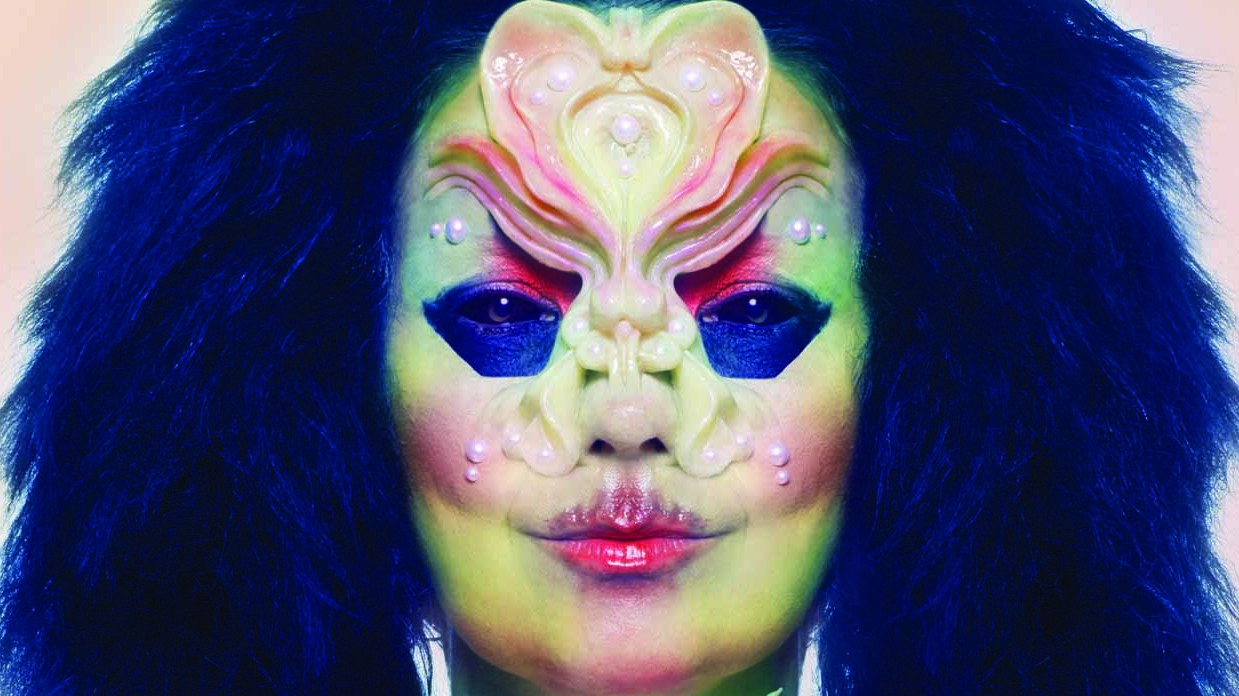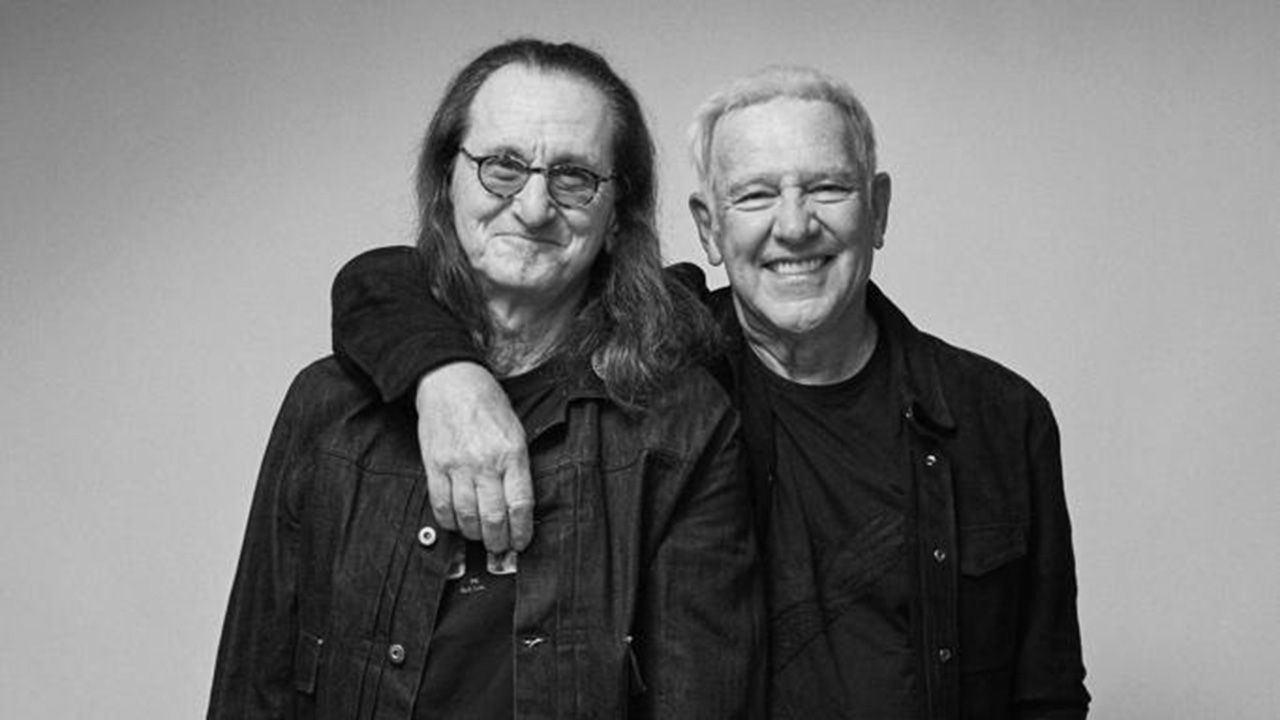You can trust Louder
Nobody could deny that this is the work of a wilfully progressive artist, untethered by musical convention. It floats through shifting electronic soundscapes, drones, warped beats and treated samples, blending harps, synths and birdsong until you feel as if the ground beneath you is melting. Whether you’ll feel emotionally moved – rather than just bewildered – is another matter. Björk clearly never read the old ad which claimed tunes help you breathe more easily. She’s now disinterested in melodies, choruses or anything resembling a structure, so her voice is the only thing taking us by the hand and leading us on a vaguely linear path through it. Luckily it’s one of the great voices: huge, oceanic and still rolling its “R”s gleefully. 2015’s Vulnicura was her bleak, angry break-up album, but the Icelandic star has described this as her “Tinder album”, a return to more upbeat dating tales, and it does, alongside some patriarchy-baiting, allow light in. Its 71 minutes feel bright and buoyant, if trembling with nerves. Yet even a lyric about a couple who text each other mp3s wonders if they were more in love with the music than each other. Endlessly uncompromising.
Sign up below to get the latest from Prog, plus exclusive special offers, direct to your inbox!
Chris Roberts has written about music, films, and art for innumerable outlets. His new book The Velvet Underground is out April 4. He has also published books on Lou Reed, Elton John, the Gothic arts, Talk Talk, Kate Moss, Scarlett Johansson, Abba, Tom Jones and others. Among his interviewees over the years have been David Bowie, Iggy Pop, Patti Smith, Debbie Harry, Bryan Ferry, Al Green, Tom Waits & Lou Reed. Born in North Wales, he lives in London.


